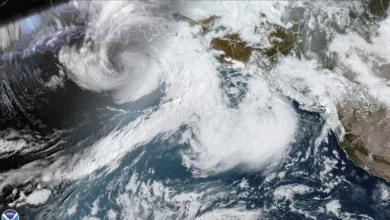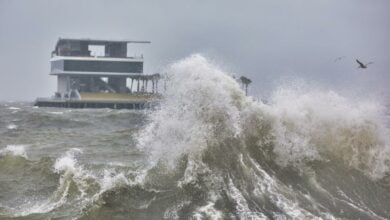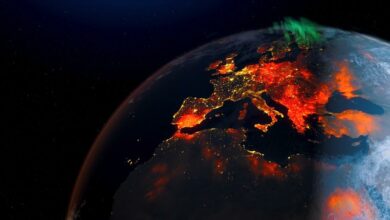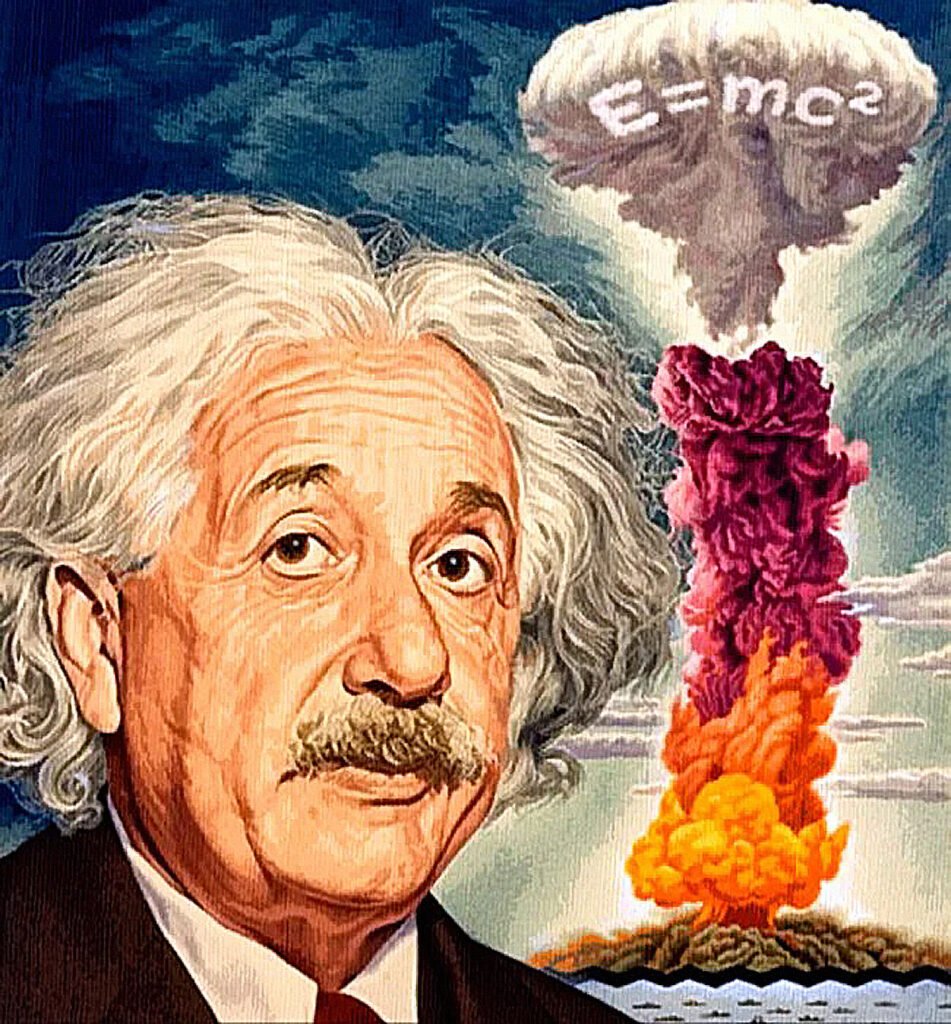
How did Albert Einstein’s attitude towards nuclear weapons change
(ORDO NEWS) — The name of Albert Einstein (March 14, 1879 - April 18, 1955) is strongly associated not only with theoretical physics, but also with pacifism - the policy of refusing any wars.
However, as historical documents show, Einstein did not come to unshakable pacifism until the end of World War II, when he saw the consequences of the atomic bombings of Hiroshima and Nagasaki.
But back to the past…
On August 2, 1939, Albert Einstein and other expatriate physicists Leo Szilard, Eugene Wigner and Edward Teller sent a letter to US President Franklin Delano Roosevelt outlining the fact that Nazi Germany was close to building an atomic bomb.
Physicists were afraid that if the Germans were the first to create such a destructive weapon, it would change the course of the war.
The only way out of the situation, according to scientists, was to “play ahead of the curve” - the Americans had to create nuclear weapons before anyone else.
On August 13, 1942, the Manhattan Project appeared - the code name for the US program to develop nuclear weapons.
Many colleagues and friends of Einstein took an active part in this, but the great physicist himself refused to have a hand in what was created for destruction and destruction.
Despite the fundamental reluctance to engage in the creation of weapons, Einstein still saw some advantages in this :
“Since I don’t see nuclear power being a big boon in the foreseeable future, I have to say that it’s a huge threat at the moment.
Perhaps it’s even for the better.
It [nuclear weapons] is capable of intimidating humanity and forcing it to put things in order in international affairs, which without fear we would never have achieved.”
Einstein believed that nuclear weapons were an opportunity to moderate the ardor of madmen who were capable of unleashing global wars.
3 years later everything has changed
On August 6 and 9, 1945, the Americans used nuclear weapons against Japan by atomic bombings of Hiroshima and Nagasaki. Horrifying pictures of the aftermath spread around the world.
Albert Einstein was happy he wasn’t building “demonic weapons” but reproached himself for co-authoring the letter to Roosevelt that catalyzed the launch of the Manhattan Project.
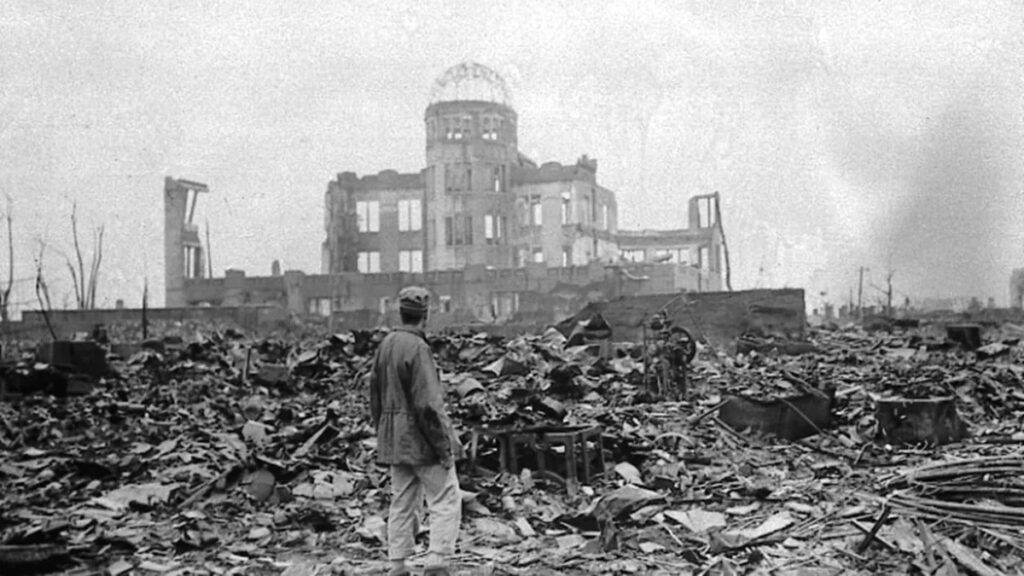
After that, Einstein said that from now on, his biggest fear is nuclear weapons.
“The recipe for nuclear weapons must be passed on to a world government [Einstein was convinced that a one world government was the surest way to end wars and socio-economic problems].
But even here a double-edged sword: I am afraid of the tyranny of the world government.
However, I am even more afraid of the onset of a new war or wars.
Every government is evil to some extent. But world government, unlike wars, is the lesser evil.”
We see how Einstein, who initially considered nuclear weapons as a tool for regulating international relations, turned into a convinced pacifist who called wars the greatest evil, and nuclear weapons the ultimate threat.
—
Online:
Contact us: [email protected]
Our Standards, Terms of Use: Standard Terms And Conditions.





